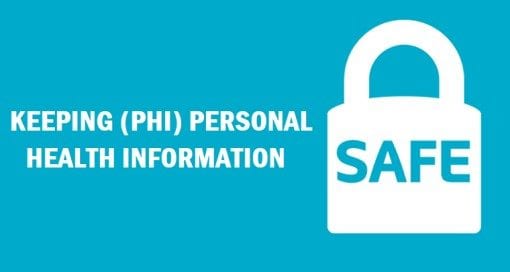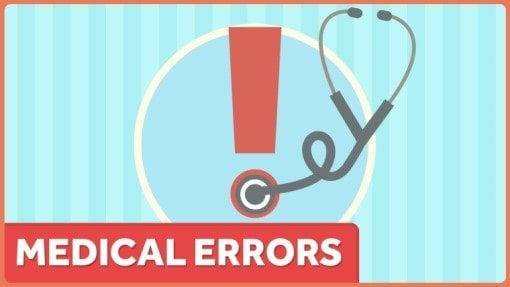Recently, U.S. Senator Rand Paul (R-KY) proposed legislation to remove the national patient identifier language from the Health Insurance Portability and Accountability Act (HIPAA) claiming the creation of a National Patient ID would increase patient privacy risks. I wholeheartedly disagree with his position and unequivocally pledge support for CHIME President and CEO Russ Branzell’s statement: “The patient identification conversation is one is about saving lives and unlocking the potential for technology to revolutionize healthcare while reducing costs.”
A national patient identifier has nothing to do with the trust and privacy associated with the doctor-patient relationship. And, it is ridiculous to think that patient privacy is any more secure without a National Patient ID.
While record sharing is critical to patient care, because of the lack of interoperability and information blocking, medical records – today – continue to be shared by fax, printed to paper from EMRs or copied to USB sticks or CD-ROMs and then transferred from one doctor to another or from one doctor to patient to another doctor. Seriously, how secure is that process when physicians and their staff – and even patients – are responsible for transporting record transfers?

A recent John Hopkins study revealed more than 250,000 people die from medical errors in the United States, making it the third largest cause of death after heart disease and cancer. Likewise, a study by Smart Card Alliance estimated that 195,000 deaths occurred due to medical error, with 58 percent associated with wrong-patient errors. The ECRI Institute, one of the nation’s leading patient safety organizations, named patient identification among the top 10 patient concerns for healthcare organizations in 2017.
Wrong-patient errors is only one casualty of duplicate or mismatched patient data.

According to AHIMA, the hospital setting has an average 10 percent duplication rate of patient records. An overabundance of duplicate records creates serious financial consequences. These duplicate patient records cost hospitals nearly $2,000 per patient per inpatient stay per year, according to Black Book Research. Additionally, 35 percent of all denied claims result from inaccurate patient identification or information costing the average hospital $1.5 million; moreover, the cost to rework a single denied claim amounts to $30.40.
These conversations muddy the waters. The healthcare industry’s inability to easily and accurately merge patient records from disparate systems is having a huge impact upon patient safety every single day. Electronic medical records have come a long way since the outdated ban to prohibit federal funding for a unique patient identifier was first introduced in 1999, and it is outrageous that we are still having this debate 20 years later.
Whether the country moves forward with a National Patient Identifier, the healthcare industry must now proactively collaborate to advocate universal enactment of zero patient duplicates. First, we must agree on the data standards for the minimum data attributes required in patient records; and second, hold people accountable for how to validate the data at the time of registration – because that’s where it all starts.
Clinical data management with accurate patient matching is critical not only for cross-system interoperability and health data exchange spanning state lines, but also for the success of healthcare transformation initiatives. Compromising the ability to link data has negative consequences at the individual level for patient-centric care, analytics and population health management.

If you can’t exchange information with a high confidence level that you have the right information on the right patient, you can’t expect to have the best outcomes in quality, finance or safety. All it takes is one wrong patient record chosen for care decisions to be based on incorrect data to potentially endanger that person’s health indefinitely.
How many more seconds, days, months or years are we willing to keep putting patients at risk?

Gregg Church
President


